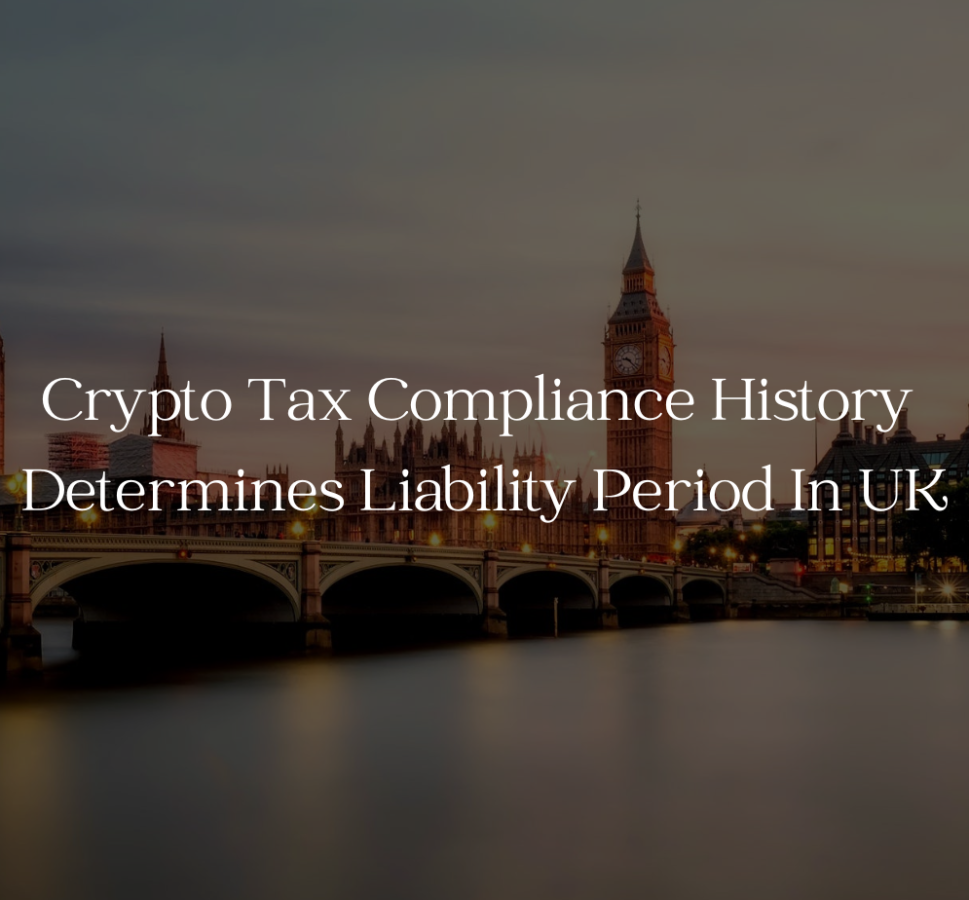- The UK intensified its focus on unreported cryptocurrency taxes, urging voluntary disclosure to avoid fines.
- Tax liability duration varies based on compliance history; deliberate deception leads to 20-year liability.
- New tax forms with dedicated cryptocurrency sections are planned for 2024-25 to simplify reporting.
The UK government is intensifying its focus on unreported cryptocurrency taxes. It encourages individuals dealing with digital assets, including cryptocurrencies, non-fungible tokens (NFTs), and utility tokens, to proactively declare any capital gains or income they have earned from these assets.
As per a statement released on November 29, the HM Revenue & Customs is guiding UK-based holders of digital currencies to voluntarily disclose any outstanding capital gains or income taxes associated with these assets, in order to prevent possible fines.
The guidelines emphasize that holders of crypto assets should meticulously evaluate their outstanding crypto tax liabilities. The duration for which they need to disclose unpaid taxes varies based on their past interactions with tax authorities and their compliance history.
Individuals who have exercised “reasonable care” in their tax dealings are required to settle taxes for the past 4 years. On the other hand, those who have been negligent in their tax responsibilities must pay for 6 years. In cases where there has been a deliberate attempt to deceive HMRC, the individuals are liable for unpaid taxes for up to 20 years.
Upon disclosing their tax liabilities, crypto asset holders are given a 30-day period to clear all their due taxes related to digital assets. Not adhering to this deadline could lead to serious consequences, including enforcement measures by the Treasury to collect the unpaid taxes.
To enhance the tax reporting process, the UK government is set to introduce a specific section in self-assessment tax forms specifically for those holding cryptocurrencies. This modification, anticipated to be rolled out in the fiscal year 2024-25, is designed to simplify the reporting process. It also aims to assist tax authorities in more efficiently verifying and cross-referencing information provided by individuals about their cryptocurrency gains.
The country, aiming to be a leader in cryptocurrency, is making its crypto tax rules clearer. In 2021, the Treasury issued a guide to help people in the UK understand how to pay taxes on their crypto. Also, starting in March this year, it was announced that people need to report their crypto separately on their tax forms. This is part of the country’s effort to manage better and include cryptocurrency in its financial and tax rules.






